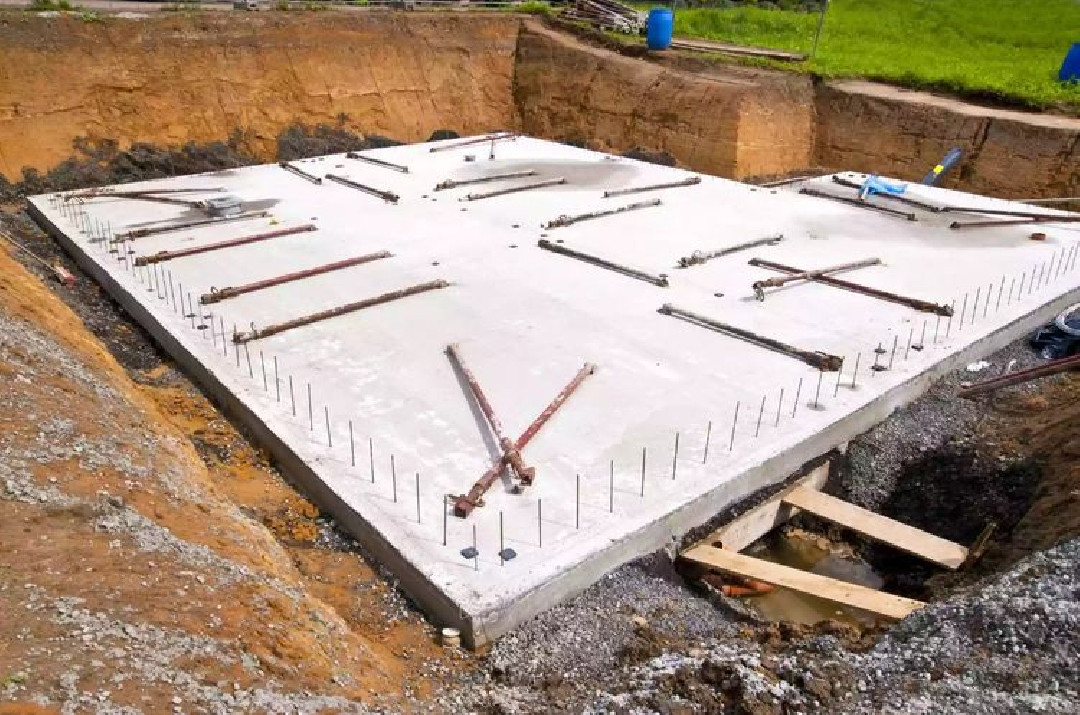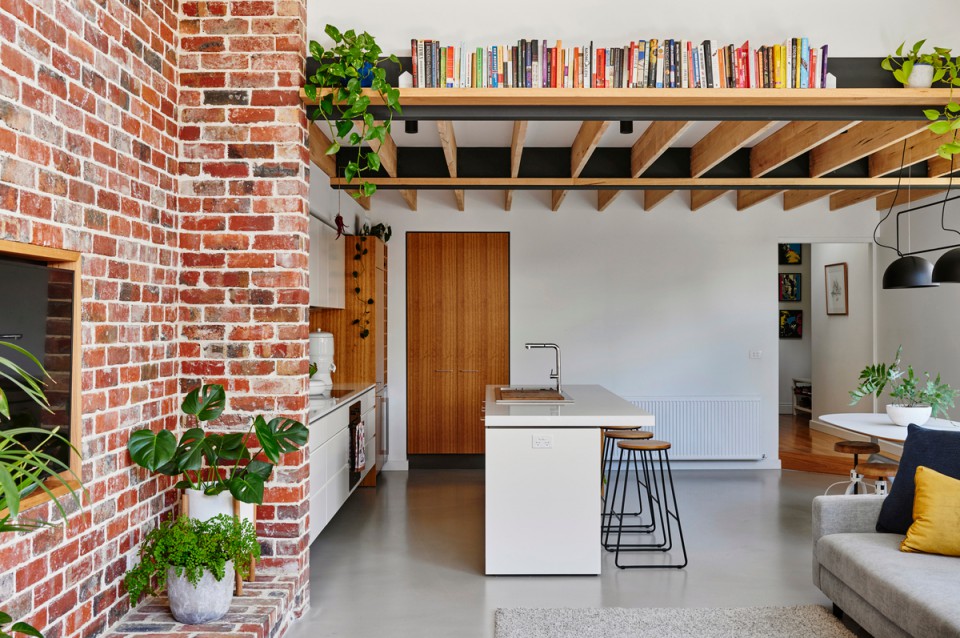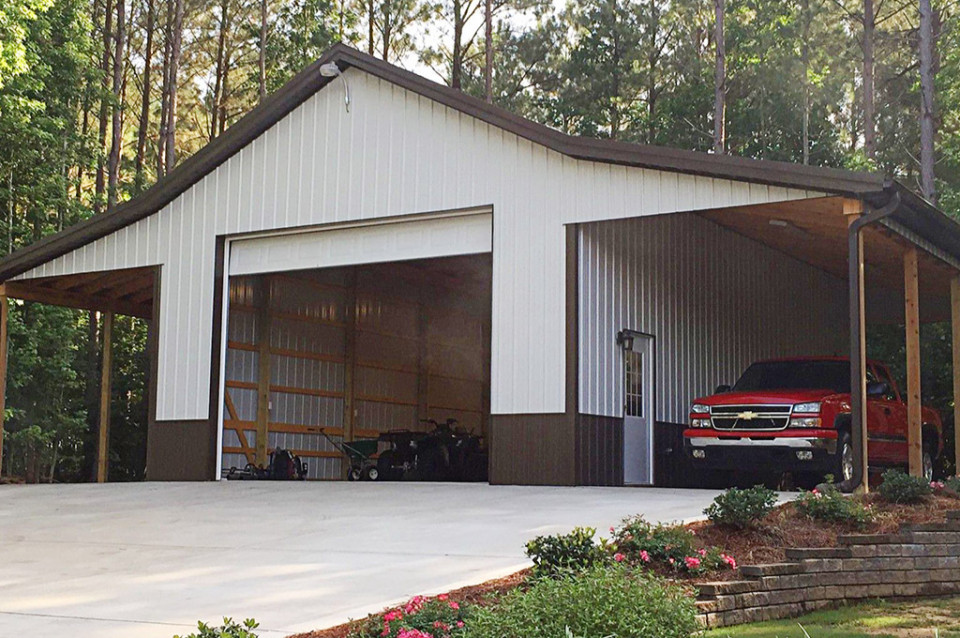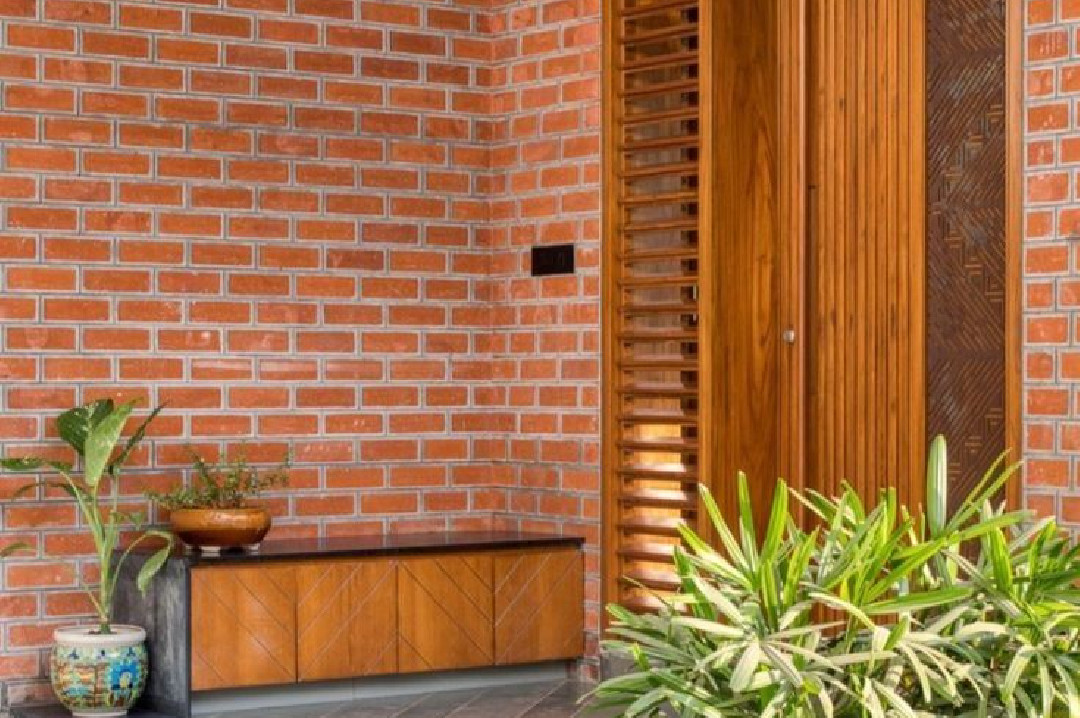Solid Foundations, Strong Homes: A Guide to Choosing the Type of Home Foundation

The foundation of a house is a crucial element in building construction that is often overlooked. In fact, the foundation functions as the main support for the structure of the house and determines how strong the house is in facing various weather conditions, earthquakes, or pressure from the ground. Choosing the right foundation is very important so that your house not only stands strong, but also lasts a long time. In this article, we will discuss the types of house foundations that are commonly used, as well as how to choose the one that best suits your needs and the soil conditions at your construction site.
1. Shallow Foundation

A shallow foundation is one of the most commonly used types of foundations, especially for one-story houses or buildings with light loads. This foundation is made of reinforced concrete that is placed directly on stable ground. This type is suitable for solid and stable soil conditions, where the ground surface is not too deep. In addition to being easy to apply, shallow foundations are also relatively economical.
2. Slab Foundation

A slab foundation is a wide, flat concrete that covers the entire floor area of the house, so that the house "sits" on this concrete slab. This type is suitable for areas with high groundwater levels, because it can prevent moisture from entering the house. Slab foundations are often chosen for houses in flat areas, and are very durable and require minimal maintenance.
3. Pile Foundation

For soft or unstable soil conditions, a pile foundation is the ideal solution. Long poles made of steel, wood, or concrete are driven into the ground until they reach a harder layer of soil at a certain depth. This type is widely used in areas with a high earthquake risk or on land that tends to be muddy. Pile foundations are able to distribute the building load evenly and deeper into the ground.
4. Chicken Claw Foundation

Chicken claw foundations are foundations that have a "claw" design to grip the ground more firmly. Developed by an Indonesian engineer, this type of foundation is very suitable for unstable or sandy soil. Chicken claw foundations provide better stability than ordinary foundations, especially for multi-storey buildings or those built in areas prone to natural disasters.
5. Raft Foundation

A raft foundation is a type of foundation that is suitable for buildings on land that has low bearing capacity. This foundation is in the form of a large plate that supports the entire building. Usually used for large buildings or multi-storey houses on soft ground. With an even load distribution, raft foundations reduce the risk of building subsidence.
6. Strip Foundation

A wall foundation or strip foundation is a foundation that is placed under the walls of a house, usually used for building structures that require greater support. This type is commonly used for buildings with two or more floors. This foundation is suitable for soil with medium to high bearing capacity and provides additional strength to the supporting walls.
7. Considerations in Choosing the Right Foundation

Choosing the right foundation depends on several factors, such as soil conditions, location, house size, and budget. To ensure the safety and durability of your home, make sure you do a soil test first and consult an architect or civil engineer. Factors such as drainage, flood risk, and earthquakes should also be considered in choosing the most appropriate foundation.
...
Choosing a house foundation is not a decision that can be taken lightly. The right foundation will ensure the stability and longevity of your building. By understanding the types of foundations and their strengths and weaknesses, you can choose the one that best suits the specific needs of your home and construction site. Don't hesitate to consult a professional so that every step of your home construction runs safely and efficiently. A house with a strong foundation will not only provide a sense of security, but also a long-lasting investment for the future.








